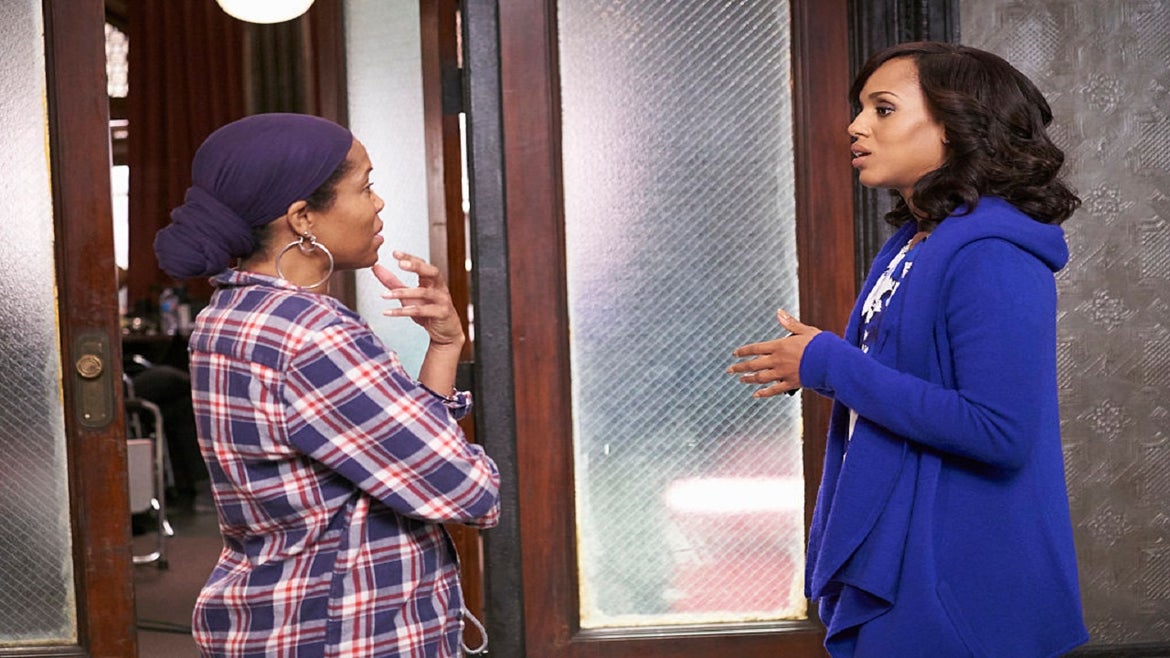Black film directors may make history this awards season, after decades of being overlooked.
For decades, Black filmmakers have been overlooked and marginalized by those who nominate and bestow awards for excellence in movie making.
But as nominations loom for the 2021 Oscars, several Black artists are considered frontrunners for Best Director — and hopes are high that, finally, a Black filmmaker will receive the golden statuette since African Americans began making movies more than a century ago.
Oscar Micheaux is widely considered the first Black director to produce a feature film. A pioneering author of novels, he wrote, produced and directed the silent movie “The Homesteader" in 1919. He also ran the first Black-owned film studio and in 1931 he made "The Exile,” his first feature with sound.
Nearly 70 years after his initial work, the Director’s Guild of America posthumously recognized his work in 1986, with a Golden Jubilee Special Award for Directorial Achievement.
The Motion Picture Academy would not nominate a Black director until 1991, when John Singleton received a nod for "Boyz N the Hood," a seminal coming-of-age story in the violent streets of South Central Los Angeles. Singleton was 24 at the time, the youngest nominee in the category. That record still stands.
So as we celebrate Black History Month, here is a look at Black directors who did groundbreaking work and are top hopefuls in the days leading up to Oscar nomination announcements on March 15.
Regina King
Oscar-winning actress Regina King made her directorial debut with "One Night in Miami," a fictional account of a real 1964 meeting between four friends who were also legends: Cassius Clay (later to be Muhammad Ali) Sam Cooke, Jim Brown and Malcolm X, at a nondescript Miami motel. The gathering occurred a few hours after the boxer won his first World Heavyweight Championship, in an unexpected takedown of Sonny Liston.
King would be the first Black woman ever nominated for a Best Director Oscar. The actress, who also has several Emmy awards, has said she taught herself to direct by closely studying filmmakers she worked with on set.
"I have been in the presence of a lot of amazing directors," she said last year at the Venice Film Festival. "That has been the best resource anyone could have."
Spike Lee
Director Spike Lee was expected receive a nomination for 1989's "Do the Right Thing." But that didn't happen. Lee wouldn't earn a nod in that category until 2019, with "BlackKklansman." Though he received an honorary Oscar in 2016, and received several nods in other categories, it wasn't until "BlackKlansman," that Lee was awarded his first non-honorary Oscar, for Best Adapted Screenplay.
"Da 5 Bloods" recounts a group of Vietnam War veterans reuniting in their later years, and embarking on a jungle trip in search of treasure and lost loves. The film debuted just months before the tragic death of costar Chadwick Boseman, whose scene-stealing performance occurs in flashbacks and dream sequences where he plays the old squad's fallen leader.
Boseman died in August at age 43. The celebrated Black actor had two high-profile roles in this award season, his turn in "Da 5 Bloods" and his portrayal of a troubled and narcissistic musician in “Ma Rainey's Black Bottom. His work may make history of its own. If nominated for both films, Boseman would be the first posthumous, double nominee in Oscar history.
George C. Wolfe
A celebrated stage director, George C. Wolfe won a Tony in 1993 for "Angels in America: Millennium Approaches" and a second Tony for the musical "Bring in 'Da Noise, Bring in 'Da Funk" in 1996. He also served as the artistic director, from 1993 to 2004, of New York City's celebrated Public Theater, founded in 1954 by Joseph Papp to showcase the works of up-and-coming playwrights and performers.
Wolfe is shortlisted by many critics for a directing Oscar for his presentation of "Ma Rainey's Black Bottom," a Netflix production based on August Wilson's play about Gertrude "Ma" Rainey, one of the first Black blues singers to make records and one of the country's most influential blues singers.
Wolfe lush film production of a turbulent recording session between Rainey and a group of musicians have been lauded by critics for its evocative lighting, exquisite costumes and brilliant performances by an ensemble of veteran and talented actors.
Most notably, reviewers praised Viola Davis for her powerhouse delivery in the title role and the crazed desperation in Boseman's depiction of a troubled horn player who vexes Rainey and everyone else during a 1920s blues session at a Chicago recording studio.
It was Boseman's last role before dying of colon cancer.
In an interview after the film's completion, Wolfe said he was devastated by the actor's death, and considered his final work beyond compare.
“I know this may sound full of it, but I think it’s one of the greatest performances ever captured on film. Period. It’s an astonishing performance: how naked it is, how viscerally powerful it is. There’s charisma and then there is the truth and he is filled with both," Wolfe said.
RELATED STORIES






